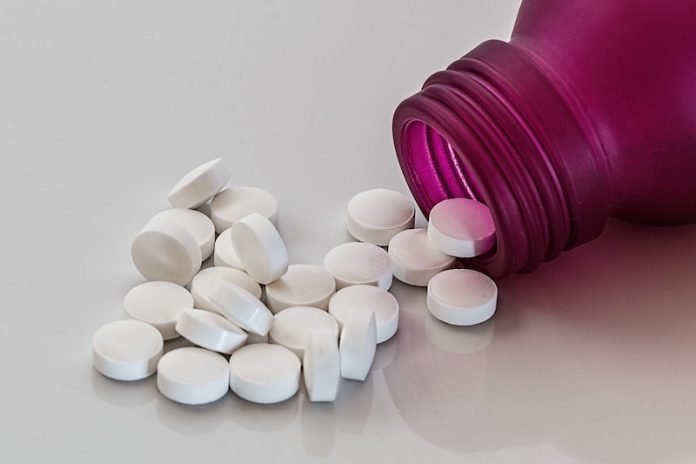
In a new study, researchers found that cholesterol-lowering statin drugs may cut stroke risk in cancer patients.
They found that cancer patients who took statin drugs after the radiation therapy to the chest, neck or head could cut stroke risk by nearly a third.
The research was conducted by a team from McGill University in Canada.
Currently, more than 50% of cancer patients are treated with radiation therapy.
The treatment can kill cancer cells and shrink tumors, but it also affects nearby healthy cells. This can cause side effects such as scarring or thickening of arteries.
The artery conditions over time may cause blockages and lead to heart attack and stroke, which are the leading cause of illness and death among people surviving cancer.
Previous research has shown that statins can help reduce inflammation and cut the risk of vascular disease.
Statins also can effectively reduce the formation of plaque that blocks blood vessels.
In the new study, the team tested 5,718 heart attack and stroke survivors over age 65 who had undergone radiation therapy to the chest, head or neck between 2000 and 2011.
Most of the patients took statins.
The team found that the use of statins was linked to a 32% reduction in stroke.
In addition, there was an overall reduction in having or dying from a heart attack or stroke in the patients who used statins.
The researchers concluded that statins could cut stroke risk after radiation therapy for cancer.
Future work needs to see the role of statins after radiation therapy in other populations.
The new findings may help develop new guidelines on how to manage the radiation-induced vascular disease.
This is the first large-scale study examining the effects of statins in people who had radiation therapy.
The lead author of the study is Jacinthe Boulet from McGill University.
The study is published in the Journal of the American Heart Association.
Copyright © 2019 Knowridge Science Report. All rights reserved.



